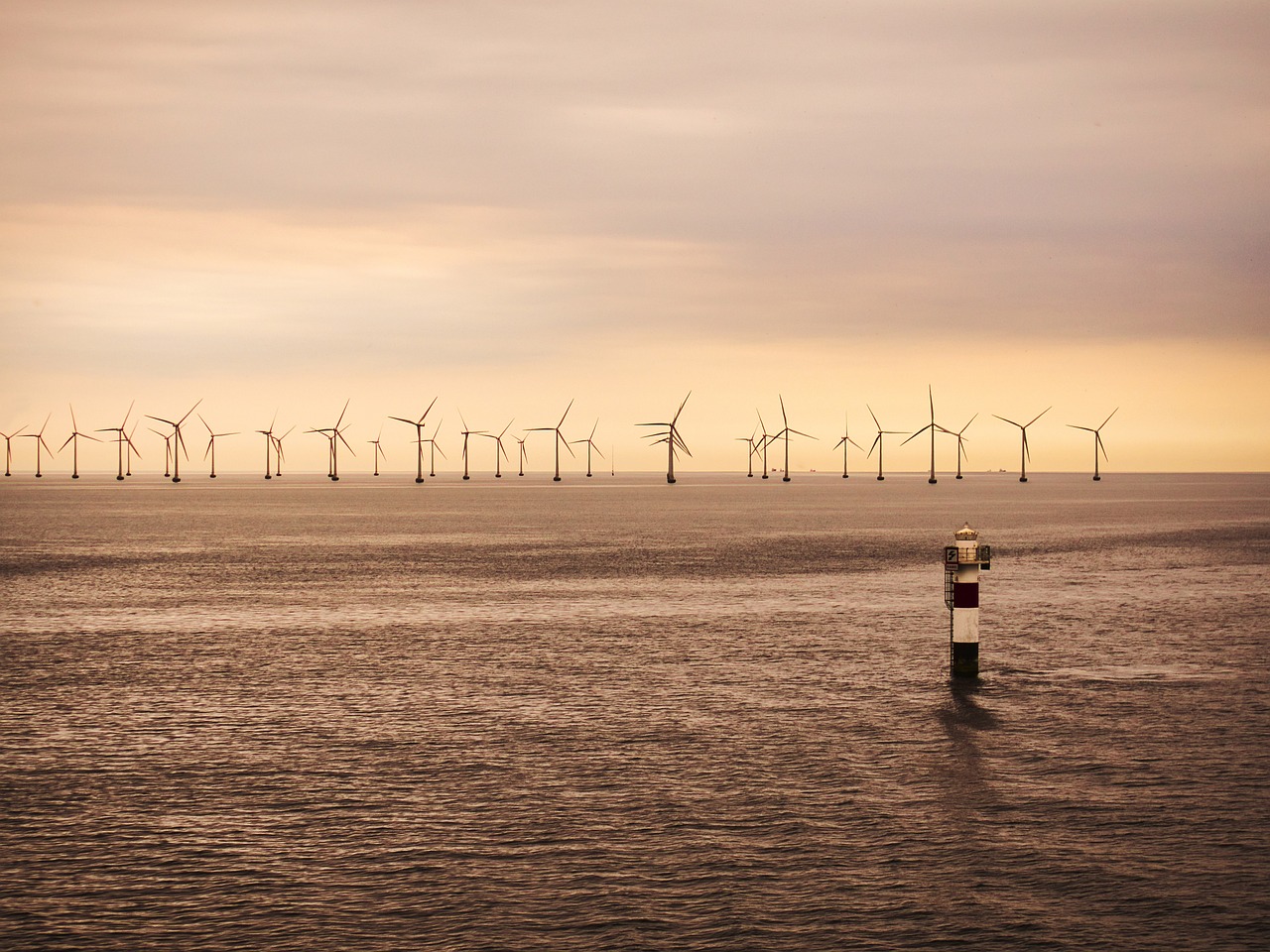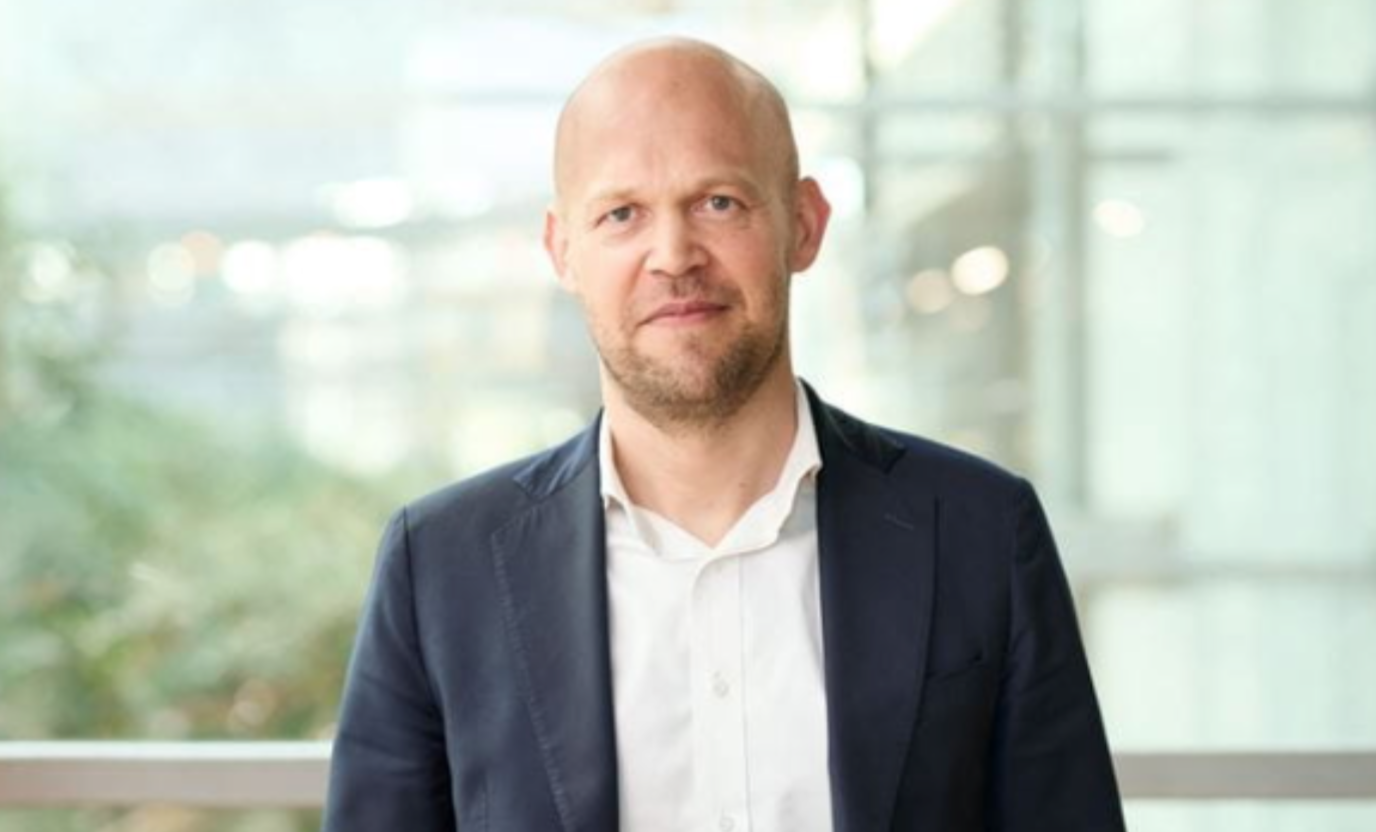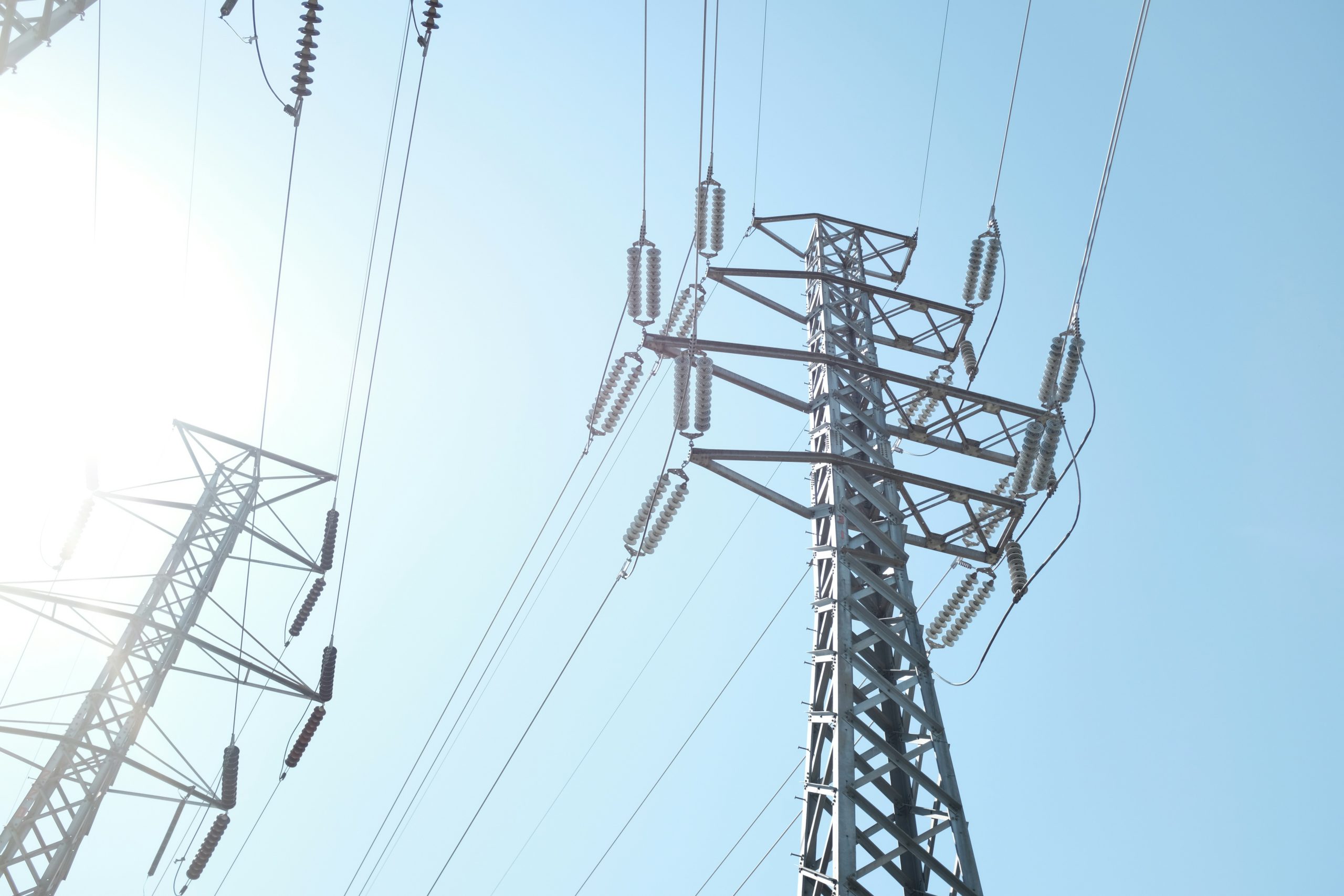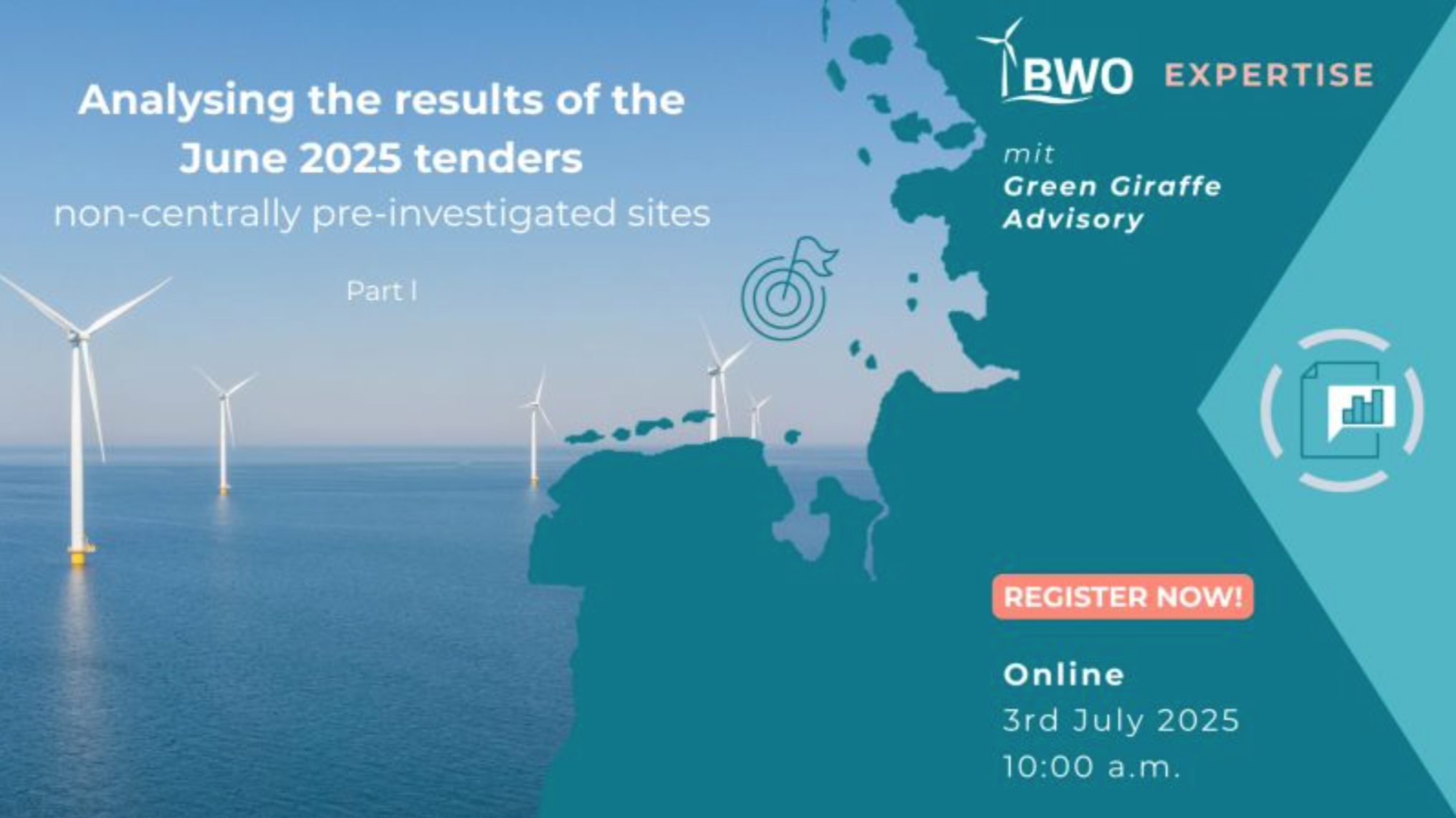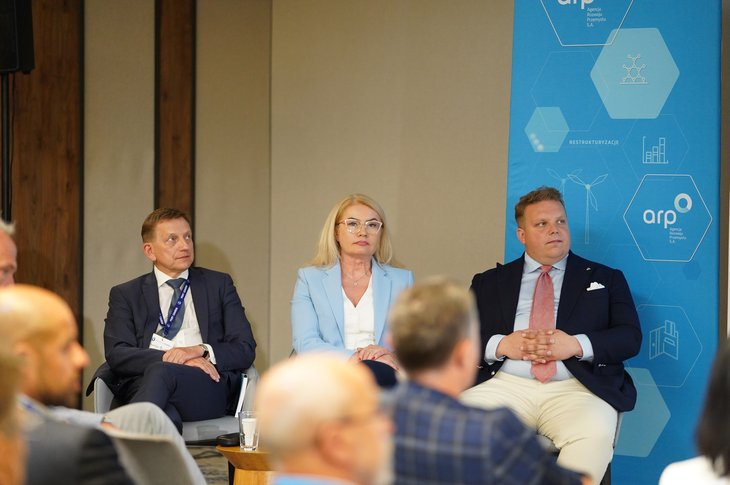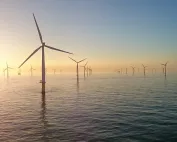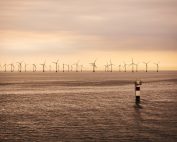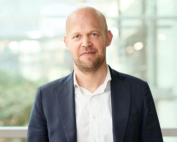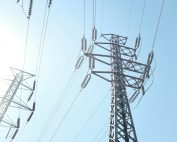Within seven years, we will have such large quantities of cheap green electricity that we can cover our own consumption and start exporting green fuels. The political agreement on offshore wind turbines opens the door to a whole new world of green opportunities, believes Green Power Denmark. Denmark’s green business organization welcomes the fact that the state ownership has been lowered from 25 to 20 percent. Green Power Denmark has warned against a large state ownership stake. But the final agreement is fortunately significantly less problematic than the government’s original plan.
If we add all current offshore wind turbines in Danish waters together, they have a capacity of 2.3 GW. We have spent 32 years building them. Over the next seven years, the deal will add up to 14 GW via government tenders – six times as much as is offshore today. It has been difficult political negotiations, and it is good for Denmark, the companies and the green transition that a broad majority is behind the agreement, believes Green Power Denmark.
– It is a historically large and impressive agreement. We get plenty of green electricity to cover our own consumption. We can also start producing green fuels for ships and planes, and we can start the future as a net exporter of cheap climate-friendly energy. It is an agreement that gives us completely new green opportunities, says Kristian Jensen, CEO of Green Power Denmark. With the political agreement, the framework has been set for future tenders. And there are many good elements in the agreement beyond its size, believes Kristian Jensen.
– There will be a large overall supply of the offshore wind turbines. It has been a great desire to simplify the process and ensure that we get the offshore wind turbines built quickly, flexibly and efficiently, he says.
The offshore wind turbines that we are erecting now will take up large sea areas and supply green power for the next 30-40 years. We have fought for the establishment of a financially strong marine nature fund, which finds solutions so that nature and wind turbines can coexist. It is good that we are showing leadership – also in that area.
It is an innovation that the state must own 20 percent of the future offshore wind farms. It has not been tested anywhere in the world, and Green Power Denmark has warned against that experiment.
– Fortunately, we have succeeded in weeding away a lot of the weeds. The state’s share of ownership is reduced in relation to the government’s plans, and there is a clear arm’s length between the state enterprise and the political level. Efforts will also be made to avoid this delaying construction. But it will be interesting to see how investors and developers react to the state’s involvement as an actor, says Kristian Jensen.
The political agreement consists of two parts. One agreement determines the supply of 6 GW offshore wind turbines in the North Sea, Kattegat and Øresund. The second agreement concerns 3 GW of offshore wind turbines in connection with Energiø Bornholm.
When a total of 14 GW can be reached, it is because the winners of the tenders are allowed to put up additional turbines if they consider that there is an opportunity for it. In professional language, it is called “overplanting”.
The negotiations on the tender in connection with Energiø Bornholm have been difficult. This is not least due to the fact that the international connection, which will connect the energy island with Germany and Zealand respectively, is expensive. The government expects that 17.6 billion kroner will be needed in funding to cover the cost of the international connection.
– It had been a difficult decision to go ahead with the plans for Energiø Bornholm – not least because of the price of the international connection. But Energiø Bornholm is important for the energy system and security of supply, it will ensure lower electricity prices and link the electricity markets in Denmark and Germany closer together. It is a wise investment also in terms of security policy, says Kristian Jensen.
Source: Green Power Denmark



